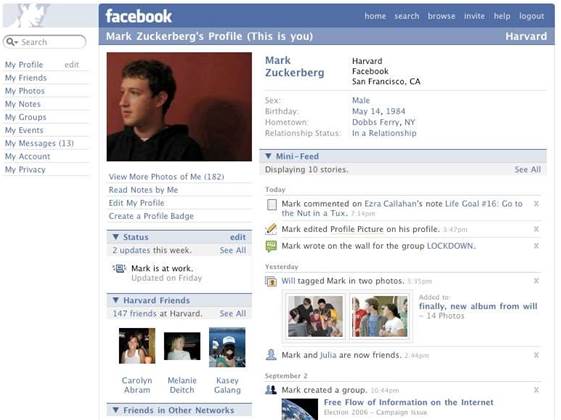
The test involved creating a spoof Facebook profile before sending out friend requests to individuals chosen at random worldwide. The profile page, named 'Freddi Staur', contained a picture of a small green plastic frog and featured minimal personal information.
More than 200 friend requests were requested to observe how many people would respond, and how much personal information could be gleaned from the recipients.
Nearly three-quarters (72 percent) of the recipients revealed one or more of their email addresses, 84 percent listed their full date of birth and 78 percent named their current address.
"This profile may look like a frog that just wants to be friends, but actually he's just encouraged 82 users to hand over their personal details on a plate," said Graham Cluley, senior technology consultant at Sophos.
"While accepting friend requests is unlikely to result directly in identity theft, it provides cybercriminals with many of the building blocks they need to create fake identities, to gain access to online user accounts, or potentially, to infiltrate their employers' computer networks," he added.
Facebook was launched in 2004 and now has 1.3 million users in the UK and 34 million users worldwide. More than 8.5 million photos are uploaded on to the site each day.


_(28).jpg&h=140&w=231&c=1&s=0)

_(20).jpg&h=140&w=231&c=1&s=0)






 iTnews Executive Retreat - Security Leaders Edition
iTnews Executive Retreat - Security Leaders Edition
 Huntress + Eftsure Virtual Event -Fighting A New Frontier of Cyber-Fraud: How Leaders Can Work Together
Huntress + Eftsure Virtual Event -Fighting A New Frontier of Cyber-Fraud: How Leaders Can Work Together
 iTnews Cloud Covered Breakfast Summit
iTnews Cloud Covered Breakfast Summit
 Melbourne Cloud & Datacenter Convention 2026
Melbourne Cloud & Datacenter Convention 2026
 The 2026 iAwards
The 2026 iAwards












_(1).jpg&h=140&w=231&c=1&s=0)



